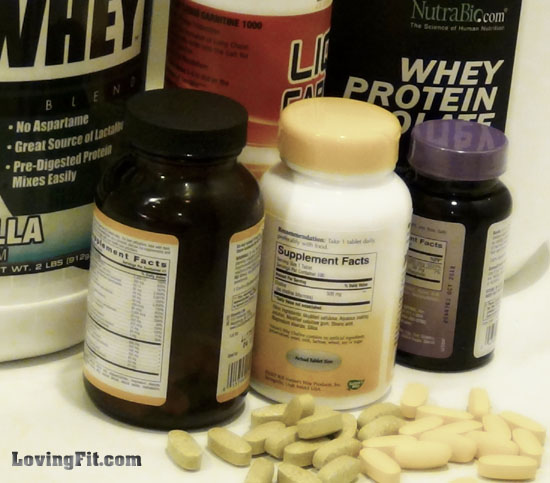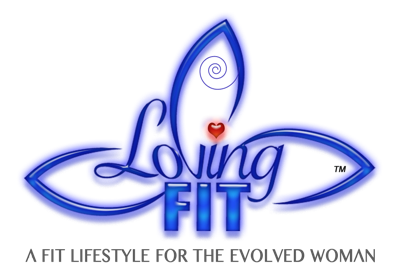12 Good Reasons Why We Need Vitamins And Supplements

The other day I wrote a post about my complete guide to nutrition, and I made a point about taking vitamins and supplements. In this post I would like to go into more specific details on why we need supplements in our Nutrition.
1. Overcooking
When we cook our food such as vegetables or fruits it oxidizes and destroys heat-susceptible vitamins such as the B-group, C and E. Boiling or steaming vegetables removes water-soluble vitamins such as above. And some vitamins such as B6 can be destroyed by microwave irradiation.
The perfect solution would be to eat the vegetables and fruits raw, but most people don’t like how raw vegetables taste, it also requires a lot more preparation to make raw food that tastes great.
2. The age and quality of our food
Even organic produce that you buy in the supermarket is at least a week old. The older your food gets, the more nutrients it looses. It is best if you shop at Farmer’s Markets for all of your fruits and veggies. There are much higher chances of your food being more fresh that way, because it’s local and not imported. You should still ask the sellers how they grow their produce. You can find out about which question’s you should ask at the Farmer’s Markets in one of my earlier posts.
3. Poor Digestion.
Even when food intake is adequate, inefficient digestion can limit your body’s uptake of vitamins. Plus we don’t always chew our food perfectly each time. This result in larger than normal food particle size, too large to allow complete action of digestive enzymes.
4. Food Processing
Frozen food containing Vitamin E, will result in significant reduction of the Vitamin once it’s defrosted. Many common sources of Vitamin E such as bread and oils are highly processed so the actual content of Vitamin E is significantly reduced or missing. Since vitamin E is an antioxidant, which prevents oxidative damage to all tissues, lack of it will increase faster damage to your cells. Other vitamin losses from food processing include vitamins B1 and C.
5. Antibiotics
Antibiotics are popular for fighting infections, but they also kill the friendly bacteria in the gut, which normally allows B-group vitamins to be absorbed through the intestinal walls. These deficiencies can result in a variety of nervous conditions, and therefore it advisable to supplement with B-group vitamins when on are taking antibiotics.
6. Food Allergies
Individuals that are allergic to certain food groups such as gluten or lactose, can have a significant loss of dietary sources of nutrients such as thiamine, riboflavin or calcium.
7. Stress
Chemical, physical and emotional stress can increase the body’s requirements for vitamins B 2, B5 and C. Air pollution increases the body’s requirements for Vitamin E.
8. Lack of Sunlight
People with minimal exposure to sunlight can have a deficiency on Vitamin D, which is required for calcium metabolism, without which bone thinning might develop. Often the sun is blocked by clouds, fog, smog, smoke, ordinary window glass, curtains and clothing. The maximum recommended daily supplemental intake of Vitamin D is 400 i.u.
9. Oral Contraceptives
Oral Contraceptives can decrease absorption of folic acid and increase the need for Vitamin B6, Vitamin C, zinc and riboflavin.
I personally wouldn’t recommend oral contraceptives to anyone, because of the dangerous effects on the body, that doctors never tell you about. If you just take a look at the list of side effects, I am sure it would clear some things up ( at least for me it did ).
10. Exercise
If you are on a regular exercise program, your body is undergoing a large amount of stress ( depending on the program also ). This type of stress increases your need for B-group vitamins, Vitamin C and Iron. It is impossible for your body to fully recover without the proper vitamin and supplement intake, this can lead to injuries.
11. Aging
When we are at a very young age, our ability to recover fast is very high. But as we get older the body begins to take it’s toll. As we age we become more and more deficient in vitamins and minerals, particularly iron, calcium and zinc. Riboflavin ( B2 ) and pyridoxine ( B6 ) deficiencies have also been observed. Possible causes are reduced secretion of digestive enzymes.
12. Modern Science
As much as I like all things natural, I am also a big believer in a good balance. Modern science has provided us with incredible choices for vitamins and supplements. As much as some people believe that living like cave men is a way to go, they also might forget that cave men didn’t live past 30, and they weren’t even exposed to the pollution we are living in today.
These are just a few reasons that are very obvious to me, there are many others as well such as Bio-Individuality, Low Body Reserves, P.M.S., Pregnancy, Diets, consumptions of highly refined carbohydrates such as sugar, white flour and white rice, places a greater demand on additional sources of B-group vitamins to process these carbohydrates, lack of sleep etc. The list goes on and on. This is why supplements are so important as part of a balanced nutrition.







